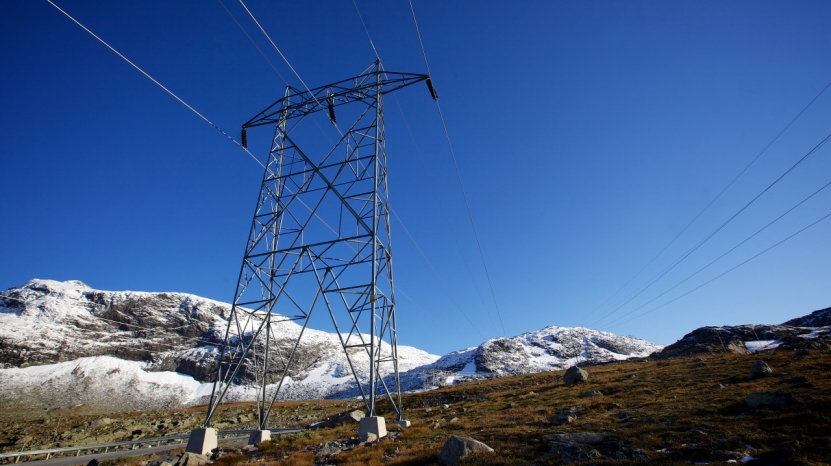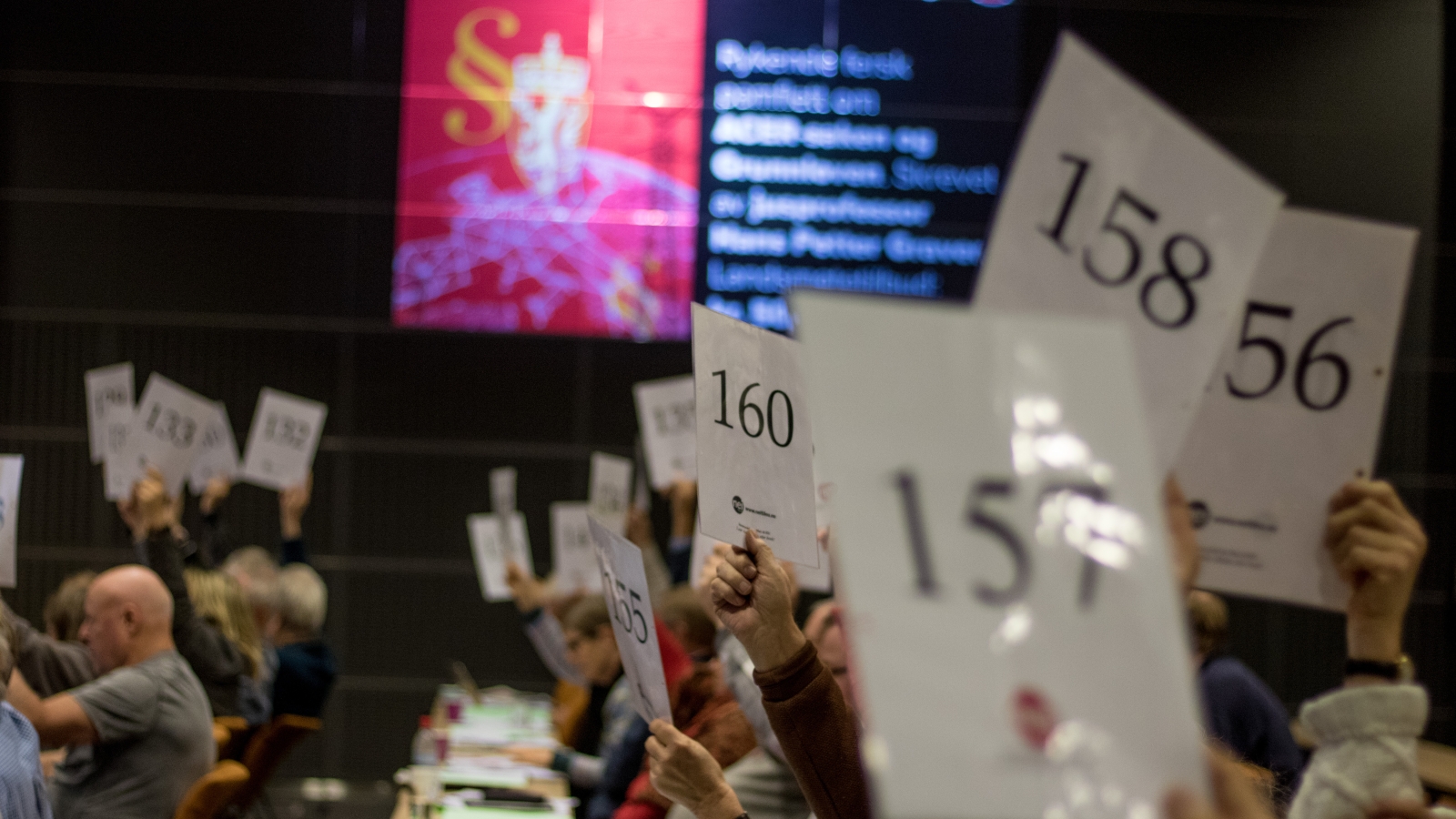Ever larger sectors of society are affected by the EU – directly and indirectly. Gradually, decisions are removed from open, democratic arenas and confined to closed rooms. Every transfer of jurisdiction Norway accepts is a violation of our democratic tradition and of our sovereignty, and adds up to an attack on democracy and the rule of law.
When the EEA Agreement was concluded, it was a prerequisite that the agreement should be international law and not supranational like an EU membership. EFTA countries, such as Norway and Iceland, and the EU were to be two separate "pillars". Separate institutions were set up to enforce the EEA Agreement in the EFTA States; the ESA Surveillance Authority and the EFTA Court. Norway would not be subject to EU institutions.
Decision-making authority has been transferred, either formally or effectively, from Norwegian authorities to EU agencies where Norway neither is entitled to vote, nor is or may become a full member.
This two-pillar system has been under pressure and has in several cases collapsed in recent years. Decision-making authority has been transferred, either formally or effectively, from Norwegian authorities to EU agencies where Norway neither is entitled to vote, nor is or may become a full member.
In the disputed ACER case (part of the 3rd Energy Market Package, translator's note), the ESA Surveillance Authority will formally make the decisions, but the resolutions are written by the Energy Agency ACER in Ljubljana. ESA's decision then passes through the Norwegian Regulatory Authority for Energy (RME), which, according to the EU regulations, must be independent of national authorities. RME shall copy and implement the decisions of ESA and may not be instructed by government or parliament. In other words, a chain of copied command from the EU agency. and decisions are made binding on affected subjects in Norway.
The EU has built up a comprehensive management system, also beyond the European Commission in Brussels. The around forty EU agencies cover areas such as finance, environment, transport, defence and justice. Some of them, like the Environment Agency in Copenhagen, handle information and advice, but more and more agencies have supreme decision-making authority.
Norway is associated with most EU agencies. The Chemicals Agency in Helsinki, for example, decides which chemicals can be used in Norway, and the Air Safety Agency in Cologne can issue compulsory instructions to Norwegian airlines. Through replica ruling of the ESA, the EU Financial Supervisory Authority may take decisions regulating Norwegian banks, pension funds and other financial institutions and override the Norwegian Financial Supervisory Authority.
No to the EU insists that our government and parliament cease all further bindings to EU agencies. The overall impact of the transfer of authority on Norwegian sovereignty and the EEA Agreement system, must be examined in an Official Report (a White Paper).
Section 115 of our Constitution does not allow the transfer of authority to an institution of which Norway is not a member. No to the EU therefore demands that the Government and the parliament comply with this.




